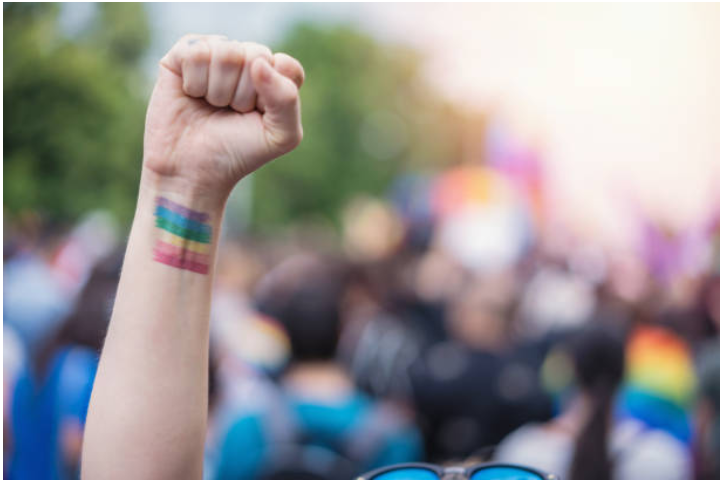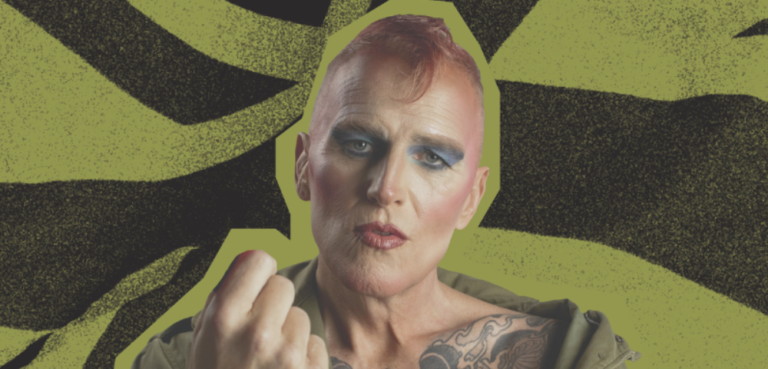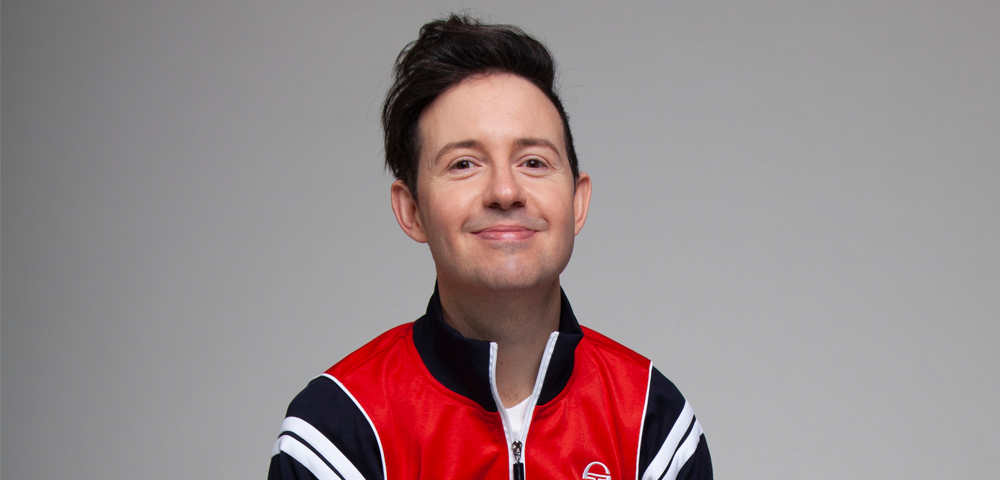
Transpersons face daily struggle for recognition

Trans and gender diverse people face daily battles to be seen as their authentic selves across the world from Australia to Germany and Canada.
Psychiatrist refuses to see trans person
Cole, a trans person in Queensland, spoke to Star Observer about an incident with a psychiatrist who he was referred to for a consultation. Cole was seeking a psychiatrist to assist with his mental health as he was in a bad place. Upon Cole’s arrival and commencement of his consultation, he handed the referral from the general practitioner to the psychiatrist, which led the doctor to ask “what gender are you?”
Cole explained that he in fact was a trans person, who was assumed to be female at birth, but all documents state that his identity is male. At this stage the psychiatrist refused him service as his patient and asked him to leave the doctor’s office. The doctor said “legally I am not allowed to have ‘female’ patients.”
That a mental health professional could not only hold such views but deny help sounds astounding, but is a reality that many trans persons face while dealing with health and other services.
Transperson turned away from store
Colton Stankowski, a trans woman from Calgary, Canada was shopping in a women’s clothing store ‘NV’ when she was approached by a store clerk. The store clerk asked her the reason for her visit and she replied that she was shopping for herself. The clerk asked her to leave as she was making other shoppers “uncomfortable”.
This is not the first time that Colton had shopped at the store. In the past she had told the staff that she was shopping for a partner and was allowed to shop.
Colton posted a video on TikTok sharing her disturbing experience, but turned it around by drawing up a list of inclusive stores in the town.
“I felt shocked, confused and a bit upset. It didn’t really make sense to me as to why I was being asked to leave even though there weren’t even any other customers in the store beside me and the employee.”
Colton said this was the first time that she had experienced a transphobic incident in Calgary. Canada’s Bill C-16 had amended the Canadian Human Rights Act to add gender identity and gender expression to the list of prohibited grounds of discrimination, since January 1st, 2017.
“Honestly I was hesitant to even post it online at first as I wasn’t really sure who would listen or even care. However, one of my pals said I should try and post it on TikTok and see what happens. I thought about it for a while and waited until I felt ready and comfortable enough to share the story,” she explained.
“The response has been overwhelming but good for the most part. Lots of people commented saying they were disappointed and disgusted to hear this had occurred. Some suggested other safer local stores to go to instead, some people also left Google reviews and Facebook posts on the business’ pages.”
After the TikTok video went viral, local news stations reached out to her. The store hasn’t got back to Colton and declined to make a statement until they speak to a lawyer.
“I feel better. I’m glad I shared the experience and used my voice to speak out against how I was treated,” said Colton. Star Observer attempted to contact NV, and will update the story when they respond.
Judging makeup skills for name change
Shopping can be the least of the worries for the trans and gender diverse community. In Germany, Felicia Rolletschke (26), started the process of her legal name and gender change in 2015. The process took over three years and cost her several thousand euros.
Rolletschke told Deutsche Welle “It really is such a hassle and inconvenience to change your legal name and gender… It shouldn’t be a requirement to have enough money lying around in order to change your legal name.”
After an initial hearing in front of a judge, Rolletschke had to pay for two court-appointed psychologists to assess her.
“My two assessments each took two hours, four hours in total. They are psychological assessments where they talk about your entire life story. They ask about sexual experiences, sexual orientation, fetishes, family structures. They covered many topics that were not relevant to gender,” she said.
“They judged how well my makeup was applied. They also noted that I crossed my legs when I sat down,” she said. “And they judged my sexual orientation. For example, if you are a trans woman and you are interested in men exclusively, that means bonus points. It felt like they came from a place of pathologisation. They seem to believe that being trans is a mental illness.”
In May 2019, the World Health Organisation removed transgender from the list of mental health disorder.
Germany still makes trans people undertake a lengthy and expensive process to change their name and gender. Campaigners say reform is long overdue. Laws in Germany are so outdated that they refer to it as the “transexual law”. Two new bills are currently before the German parliament that would introduce a new self-declaration law, or Selbstbestimmungsgesetz.
The Greens political party introduced the bill that would see a more simplistic system of self-declaration. It seeks to replace the current law, that requires trans people to go through psychological assessment before changing their name or gender. Another bill by the Free Democratic Party seeks to grant self-declaration to people aged 14 and over.
It is not the first time that the German law on gender has come under the microscope for an update. In 2017, lawmakers approved plans to introduce a third gender option on official documents. This followed a change that took place in 2011. Before the law was passed, trans people were required to be “permanently infertile” and to have “undergone surgery which has changed his or her external sexual characteristics and has resulted in clearly approaching the person’s appearance to that of the other gender” to be legally recognised in Germany.
Introducing gender self-declaration would bring Germany in line with many other European countries, including Malta, Denmark, Belgium, Luxembourg, Ireland, Iceland, Sweden, Norway and Portugal.
If you feel distressed reading the story, you can reach out to support services.
For 24 hour crisis support and suicide prevention call Lifeline on 13 11 14
For Australia-wide LGBTQI peer support call QLife on 1800 184 527 or webchat.










Just a note that Canada’s Human Right’s Code would not apply to the story about Colton Stankowski. It would the the province of Alberta’s human rights code that would have been applicable there.
Sign:”A Transition is not “Asking for it” in society-A Transition naturally occurs when society is asking too much outta you!”